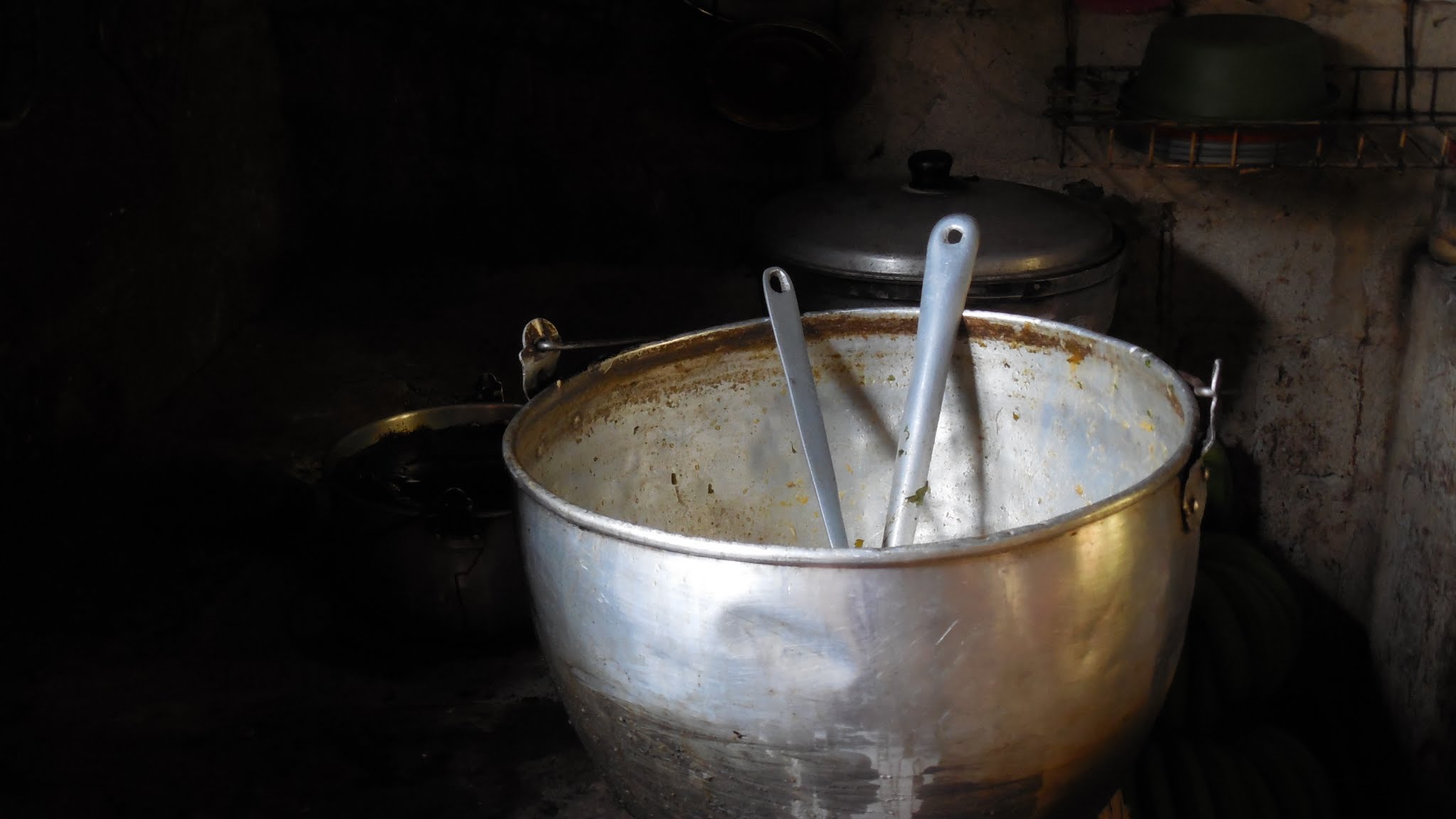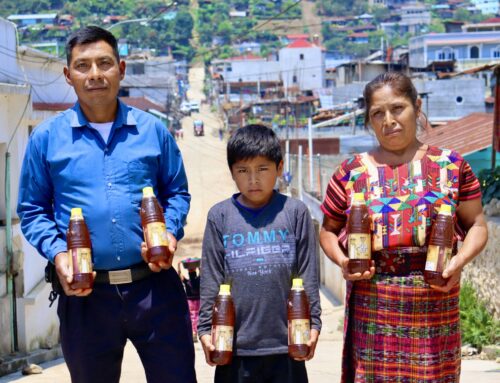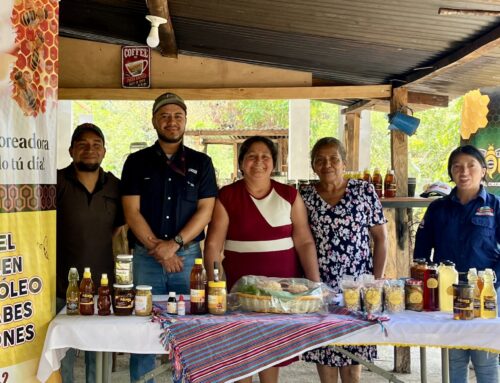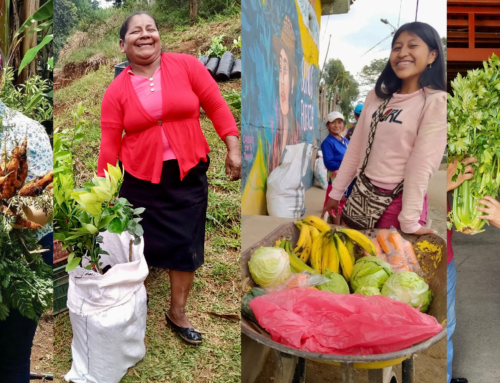Fighting the Thin Months in Coffee Farming Communities
by Marcela Pino and Rick Peyser
For many rural households in Latin America that depend on the income from coffee production for their livelihoods, June represents the beginning of the most difficult months of the year. Each region has different names for this period – “Los Meses Flacos” – the thin months, the cold time, the months of the skinny cows – all of them referring to this time of the year when it is most difficult for families to put food on their tables. When the income from the coffee has run out, the beans and corn storage has been consumed or sold for extra cash, and the food prices rise substantially, reflecting high demand and limited access, many families experience 5-8 months of food insecurity.
This year the “thin months” have arrived earlier than usual due to irregular weather patterns which delayed planting of basic grains and produce. As an added threat, our coffee co-op partners are reporting that the weather phenomenon of El Nino brought heavy rains to the region threatening the production of coffee. Why? Because heavy rains wash away nutrients from the soil, cause mudslides, and increase the likelihood of plant diseases, such as coffee rust. El Nino also forced an early drought, which has now threatened the production of basic grains, which most families rely on to sustain their families during times of food insecurity.
In many parts of Latin America, families have already depleted their stocks of basic grains from their previous harvests, and will now need to purchase food in the market. Unfortunately, this is happening in a year when households have run out of savings, due to the accumulation of previous shocks over the past year including high inflation, the lasting economic and social impacts of the COVID-19 pandemic, volatile weather, mass emigration, and because salaries from seasonal work are not enough to cover basic food needs and prepare for the next coffee harvest. This means that in the next few months, many families will resort to negative coping strategies to survive, including going into significant debt to buy food – often highly processed nutrient deficient food, selling their assets and/or leaving the farm to find work. This often leads to higher than normal levels of malnutrition and continues the chronic cycle of poverty and food insecurity.
We talked with our co-op partners at the beginning of June to learn their impression of what challenges they see coming for families during the thin months of food insecurity, and their answers worried us. They tell us that 2023 will be more challenging for coffee production and food insecurity than past years because of the effects of El Nino, which not only delayed food production, but is anticipated to bring volatile weather patterns, including Pacific storms and, conversely, drier than average conditions through 2024.
“Right now, we are coping with high fertilizer and organic pesticide prices, food insecurity and the negative effects of climate change. And if families don’t have food security, they can’t prepare for the coffee harvest.” Fatima Ismael, General Manager of SOPPEXCCA in Nicaragua, told us recently. In the long term, she worries that this threatens the working model of SOPPEXCCCA, which specializes in high-quality, environmentally friendly coffee. For example, she says “this year the cost of materials (compost, organic pesticides, etc.) is so high that producers can’t afford to fertilize their coffee plants, and this is going to affect production volume. It is possible that, in the near future, producing this coffee will be too expensive for the return on investment of smallholder farmers.”
We heard the same challenges from our cooperative partner COMEPCAFE, in Cauca, Colombia. “The compounded problem for us right now is that the cost of materials was too high and coffee farmers couldn’t fertilize, which affected production volumes (their coffee harvest is happening right now), and the effects of El Nino brought excessive rains and now drought conditions.” They are concerned that many family members will have to leave their farms to go work in illicit crop farms. Then she adds, “This is why we rely on the food security programs with Food 4 Farmers. We now know that coffee is not enough and that we need to help farmers diversify their food production and their income.”
In the face of this challenging environment, Food 4 Farmers is dedicated to continuing our efforts to assist coffee farming families in overcoming the “thin months” with strategies that have proven effective in enabling these families to put good food on their table every day of the year. Our food security programs are needed now more than ever! But we can’t do it alone…we need your help!
Join us in investing in a food secure future for coffee farming families.
Becoming a monthly donor is the best way to end the crisis of food insecurity and support smallholder coffee farmers. For as little as $10 a month you can help ensure that these families have access to good food every day of the year.




